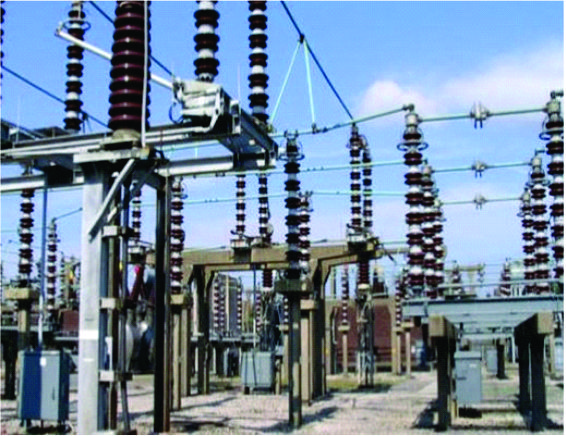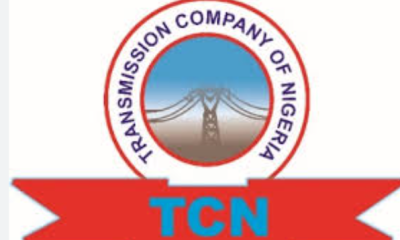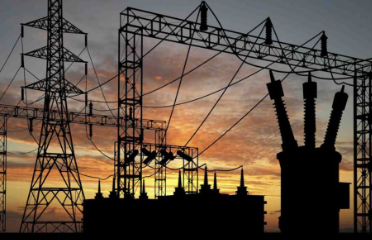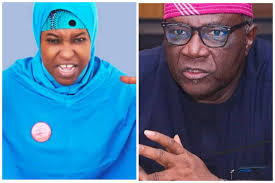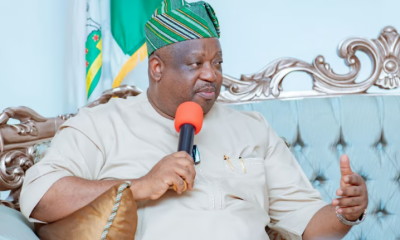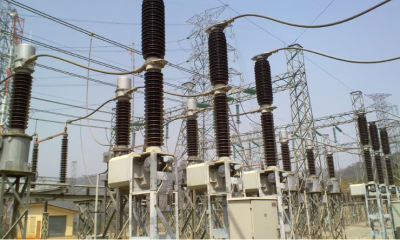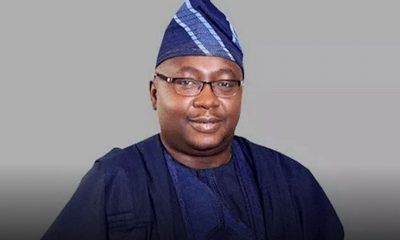By Odunwu Segun
Nigeria is one of the least electrified nations and its current power generation, which continues to hover between 3,000 and 5,000 megawatts, cannot keep up with the population growth.
According to a World Bank report, about 75 million Nigerians lack access to adequate electricity and Nigeria was ranked highest among the countries with electricity access deficit when energy access, efficiency and renewable are on the rise in many developing nations.
Electricity Distribution companies (Discos) have put the blame squarely on the doorstep of the Federal Government, saying a lot of what the current administration has embarked on to improve supply can best be described a low hanging fruits.
Captain Hosa Okunbo, one of the investors that acquired the Yola Distribution Company (DISCO) in an interview disclosed some of the burdens his company and other Discos are currently facing.
ALSO SEE: Lagos bans inter-state buses, vehicles along Ikorodu Road
Okunbo said the Federal Government has not met most of the conditions under which they should operate as a distribution company (DISCO). He said government refusal to raise tariffs for discos to recuperate their costs remained a challenge for the discos profitability.
He also pointed out that the Federal Government sold distribution assets to Nigerian investors in dollars, when it knew that the assets would generate revenue in Naira
Okunbo opines that government should have sold the assets for cheap, so that investors could then gradually invest in them and improve them. But government, in its cash-strapped state, opted for revenues rather than making it easier for the problems to be solved.
Recall that to finance the acquisition of the assets, Nigerian investors took Dollar loans from Nigerian banks, and are still struggling with repaying both the interest and principal in Dollars.
To worsen the situation, the CBN doesn’t recognize this loan repayment as an eligible transaction under its forex rules, making it extremely expensive for discos to repay their debts.
The inability of the DISCOs to generate adequate revenue, has led to difficulties in paying back loans for some of the investors. Banks, National Daily gathered, that lent the funds are also unwilling to make provisions for them, so as not to fall below regulatory limits set by the Central Bank of Nigeria (CBN).
National Daily also gathered that government may have been unable to meet this condition due to circumstances beyond its control.
A proposed increase in electricity tariffs, has been put on hold due to a court case. Furthermore, the National Assembly is very strongly opposed to the move, due to concerns over the inability of a vast majority of Nigerians to afford high electricity tariffs.

 Agribusiness1 week ago
Agribusiness1 week ago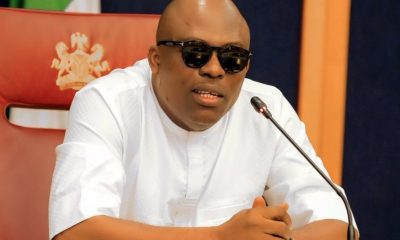
 News1 week ago
News1 week ago
 Football5 days ago
Football5 days ago
 Football1 week ago
Football1 week ago
 Football1 week ago
Football1 week ago
 Entertainment4 days ago
Entertainment4 days ago
 Football6 days ago
Football6 days ago
 Football6 days ago
Football6 days ago
